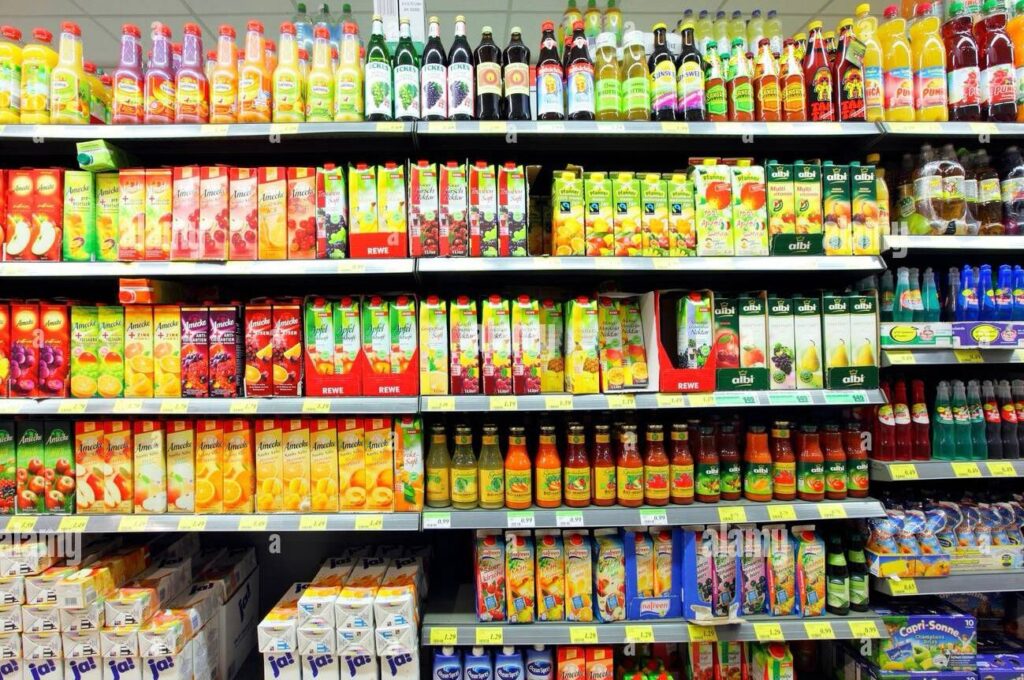The Fruit Juice Council (FJC), representing Pakistan’s formal juice industry, urges the government to reconsider the 20% Federal Excise Duty (FED) imposed on fruit juices and instead reduce it to 15% in the upcoming fiscal year. This adjustment is critical if the government aims to surpass its revenue targets from the outgoing financial year.
The current 20% FED, coupled with the existing 18% General Sales Tax (GST), has severely hindered the sector’s growth. As a result, in FY2024–25, the juice industry’s contribution to tax revenue fell short of government expectations — a clear indication that the industry has reached the Laffer Curve threshold, where excessive taxation suppresses sales and reduces overall revenue.
Fruit-based beverages, including fruit drinks (minimum 5% fruit content), nectars (25–50% fruit content), and pure juices (100% fruit content), are nutritious alternatives that promote healthier lifestyles. Notably, food authorities in Punjab and Sindh recognize this and allow only fruit-based beverages to be sold in educational institutions, banning other sugary drinks.
This slowdown in the formal juice industry has directly impacted fruit procurement volumes. In 2023–24, only 20,233 tons of mangoes were sourced — a sharp decline from 31,000 tons in 2017–18 — affecting not just the industry but also local fruit farmers and pulp suppliers who depend on stable demand.
The current taxation regime is also counterproductive to the government’s goal of supporting a documented economy. Excessive duties are driving consumers toward cheaper, low-quality, and potentially unsafe products from the undocumented sector, which continues to expand.
Furthermore, the budget proposal to cap chilling charge deductions at 5% instead of 10% further strains manufacturers, increasing operational costs during already difficult times.
FJC strongly appeals to the government to:
- Reduce FED from 20% to 15%
- Withdraw the proposed reduction on chilling charge deductions
These steps are necessary to support a regulated industry that ensures consumer safety, promotes local agriculture, and ultimately enhances national revenue.

